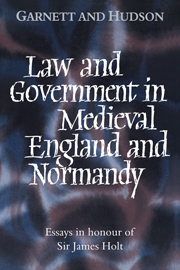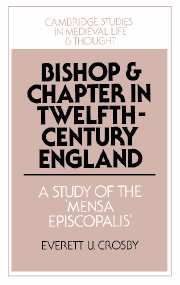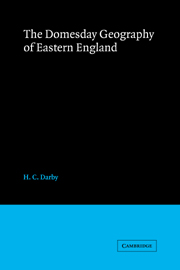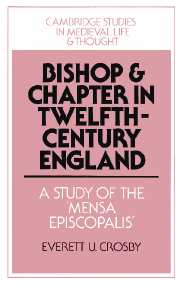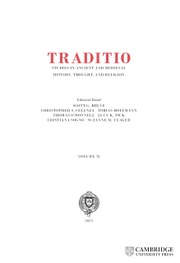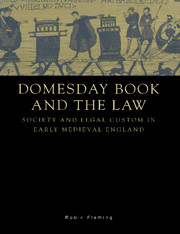Kings and Lords in Conquest England
This is a study of landholding and alliance in England in the years 950 to 1086, a period in which the fortunes of lay lords and their families rose and fell dramatically. It was also a period of dizzying tenurial change, in which the fluctuations in landed wealth and alliances shed light on the economic and geographic balance between the monarchy and the aristocracy, and on how this balance helped shape Conquest England. A number of key historical issues are investigated: the impact of Cnut's conquest on England, the quality of Edward the Confessor's kingship, the means by which the Norman settlement was carried out, and the effects on England of William's conquest. The book will become the standard work on the often volatile relationship between the king and the great lords in this key transitional period, and is one of the most stimulating and original contributions to Conquest studies.
Product details
February 2004Paperback
9780521526944
280 pages
240 × 170 × 17 mm
0.37kg
Available
Table of Contents
- List of figures
- List of tables
- Preface
- List of abbreviations
- Part I. Cnut's Conquest:
- 1. Landholding and alliance in late Saxon England
- 2. Cnut's conquest and the destruction of the royal kindred
- 3. New men and the waning of the West Saxon monarchy
- Part II. The Norman Conquest:
- 4. Domesday Book and the tenurial revolution
- 5. Territories and time
- 6. Private enterprise and the Norman settlement
- 7. Aristocratic landholding and royal power in the eleventh century
- Bibliography
- Index.


